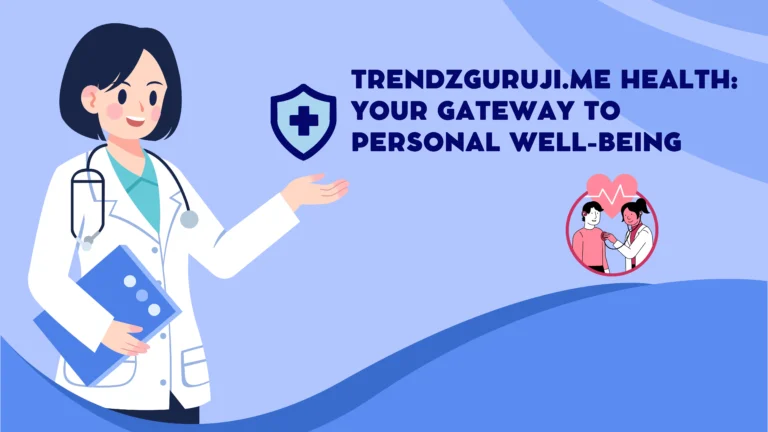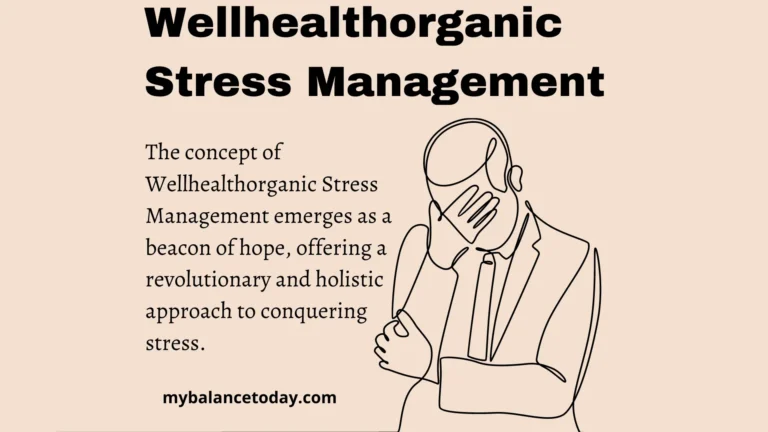How to Overcome Anxiety: A Guide to Therapy and Coping Strategies

Anxiety is a common and natural response to stress, but when it becomes overwhelming and persistent, it can significantly impact our daily lives. Fortunately, there are various therapeutic approaches and coping strategies that can help manage and overcome anxiety. In this guide, we will explore these techniques to provide you with practical tools for navigating the challenges of anxiety.
Understanding Anxiety
Before diving into coping strategies, it’s crucial to understand what anxiety is. Anxiety is a natural response to stress, characterized by feelings of fear, worry, and unease. While occasional anxiety is a normal part of life, chronic anxiety can interfere with daily functioning and overall well-being.
Therapeutic Approaches
1.Cognitive Behavioral Therapy (CBT): CBT is a widely used therapeutic approach for anxiety. It focuses on identifying and challenging negative thought patterns and behaviors, helping individuals develop healthier coping mechanisms. Through CBT, individuals learn to reframe their thoughts and break the cycle of anxiety.
2.Mindfulness and Meditation: Mindfulness practices, such as meditation and deep breathing exercises, can be powerful tools for managing anxiety. These techniques help individuals stay present in the moment, reducing the impact of anxious thoughts. Regular mindfulness practice can lead to increased self-awareness and a calmer mind.
3.Exposure Therapy: Exposure Therapy involves gradually facing and confronting feared situations or objects. This controlled exposure helps desensitize individuals to anxiety triggers, teaching the mind that these situations are not as threatening as perceived. Over time, anxiety levels decrease as a result of this repeated exposure.
4.Acceptance and Commitment Therapy (ACT): ACT encourages individuals to accept their thoughts and feelings without judgment while committing to actions aligned with their values. This approach helps create a more flexible and adaptive response to anxiety, fostering a sense of psychological flexibility.
Coping Strategies
1.Deep Breathing Exercises: Practice deep breathing exercises to activate the body’s relaxation response. Inhale deeply through your nose, hold for a few seconds, and exhale slowly through your mouth. Repeat this process to calm your nervous system.
2.Progressive Muscle Relaxation (PMR): PMR involves tensing and then gradually releasing different muscle groups to reduce physical tension and promote relaxation. This technique can be especially beneficial for individuals who experience muscle tension as a result of anxiety.
3.Create a Relaxation Routine: Establish a daily routine that includes activities you find relaxing, such as reading, listening to music, or taking a warm bath. Engaging in these activities regularly can help manage stress and create a sense of balance.
4.Set Realistic Goals: Break down tasks into smaller, more manageable goals. Setting realistic and achievable objectives can reduce the overwhelming feeling associated with larger tasks, making it easier to tackle challenges one step at a time.
5.Social Support: Share your feelings with trusted friends, family members, or a therapist. Building a support network can provide a sense of connection and understanding, reducing the isolation often associated with anxiety.
6.Limit Stimulants: Reduce the consumption of stimulants like caffeine and nicotine, as they can exacerbate anxiety symptoms. Opt for water and herbal teas to stay hydrated without increasing your anxiety levels.
Seeking Professional Help
If anxiety continues to interfere with your daily life, seeking professional help is essential. A mental health professional can provide personalized guidance and support, tailoring therapeutic interventions to your specific needs.
Remember, overcoming anxiety is a gradual process, and finding the right combination of therapeutic approaches and coping strategies may take time. Be patient with yourself and celebrate small victories along the way. With commitment and support, it is possible to regain control and live a more fulfilling, anxiety-free life.





